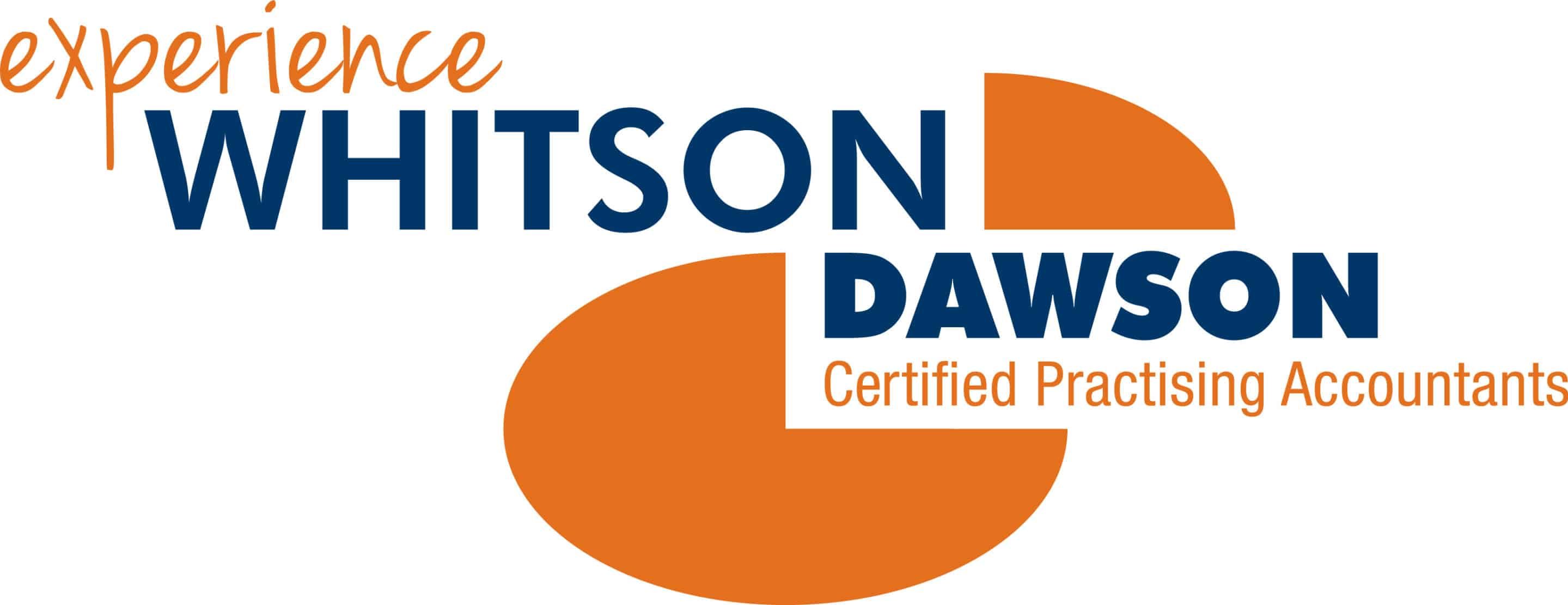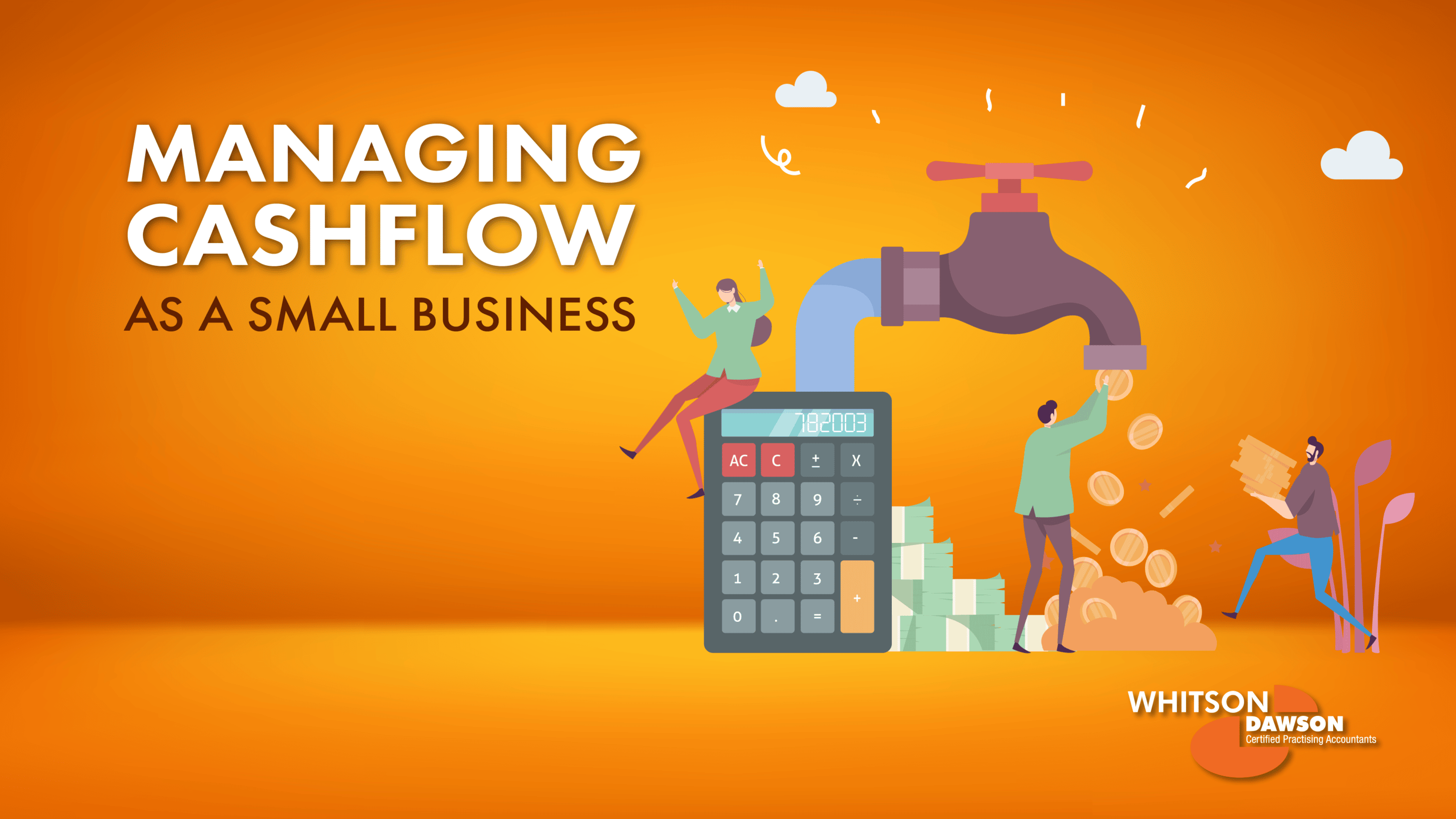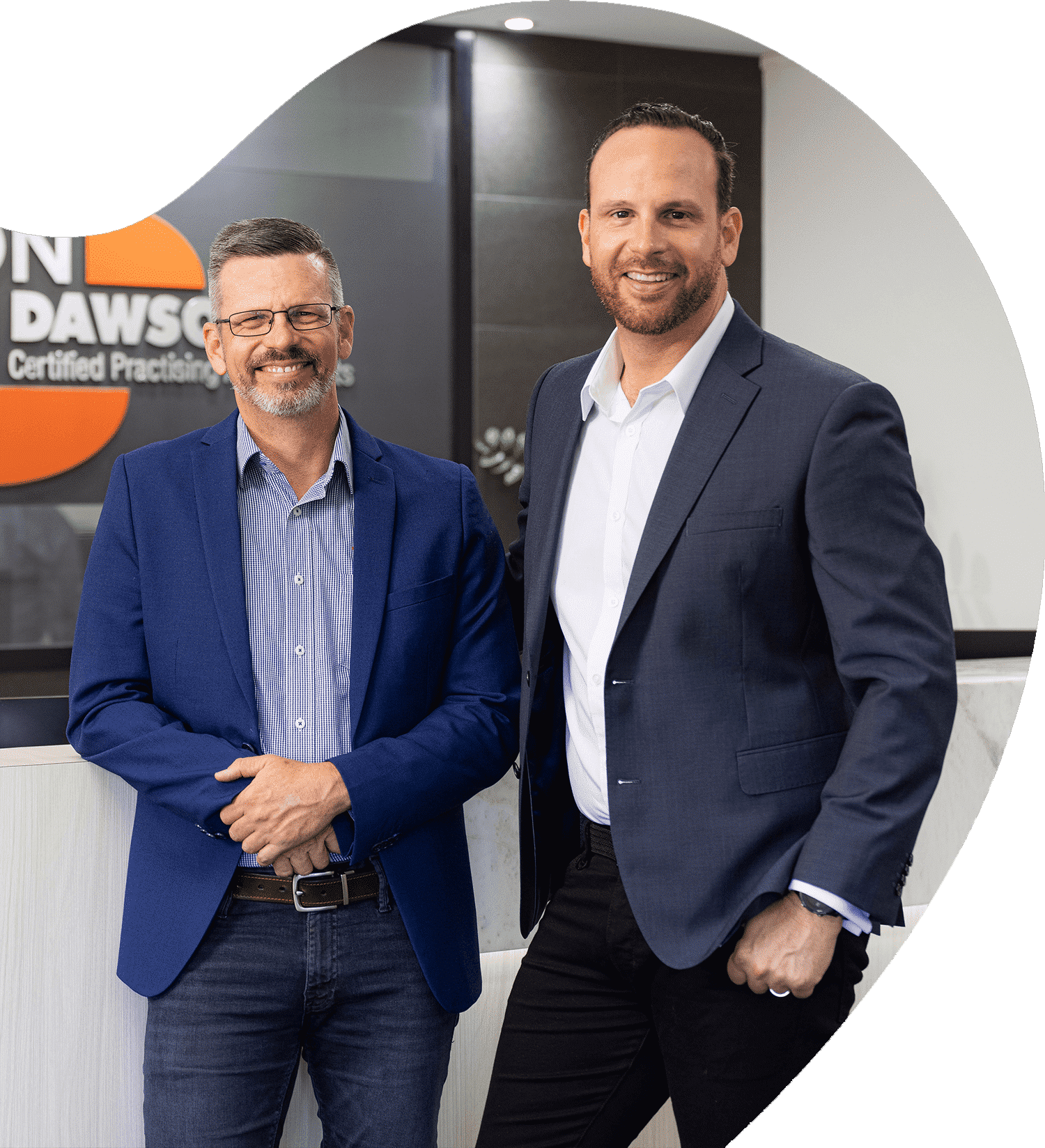Managing Cash Flow as a Small Business
What is Cash Flow?
Cash flow is all the money moving in and out of your business, called inflow and outflow respectively. These include income from all sources like sales and investments, and all expenses like operating costs and debts. There are three general forms of cash flow: financing, investing and operating.
Cash Flow | Financing | Investing | Operating |
Inflow | Loans, dividends received | Equipment Sales, Property or Stock Sale | Generally, Customer Payments |
Outflow | Debt, dividends paid | Equipment Purchases, Property or Stock Purchases | Rent & Utilities, Salaries |
Why is Cash Flow important?
Cash Flow is important, it gives a more complete picture of a business’s financial position than other metrics, like profit, can. As an example, a business that is selling product for more than what it cost them is profitable. However, if that same business isn’t expecting payment for some time, it can be hard to keep the business running while waiting for payment. This is a cash flow problem.
How can I manage my Cash Flow?
- Stay organized: Keep good records and communicate regularly with your accountant.
- Prioritize expenses: Determine which expenses are essential to your business and which ones can be reduced, deferred, or are no longer needed.
- Be mindful of payment due dates: Put money aside in advance so that you have the funds you need when you need them.
- Increase revenue: Focus on finding new customers, upselling existing customers, launching new products or services, and exploring new revenue streams.
- Forecast your cash flow: Create a detailed forecast that considers your expected revenue, expenses, and debts.
- Track your actual cash flow: Compare your actual results to your forecast and adjust it as necessary.
Do I Need A Bookkeeper Or An Accountant?
The answer to this question depends on the needs of your business. If you simply need someone to keep track of your financial transactions and reconcile your bank statements, then a bookkeeper will suffice. However, other financial aspects of business are more complex and require an accountant.
If in doubt about whether a bookkeeper or an accountant would suit your needs best, look for an accounting service that also offers bookkeeping. This will ensure a seamless integration between your financial records and the more complicated elements of business such as budget development. At Whitson Dawson, we offer a wide variety of accounting and bookkeeping services including taxation, business advice, auditing and more. Contact us via our website for more information or call us today on (07) 4957 2985 to discuss your needs and book an appointment with one of our professionals.







Recent Comments